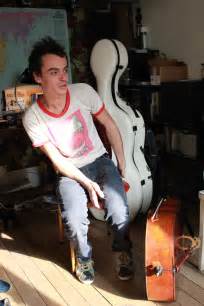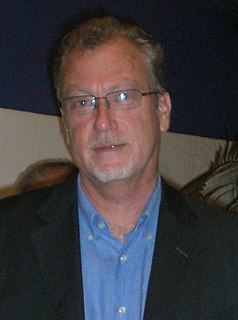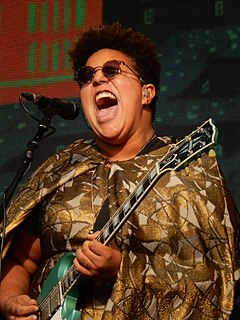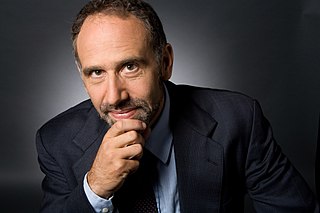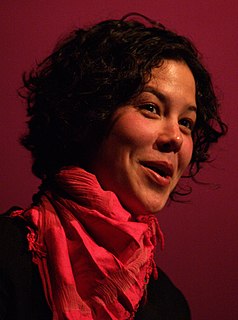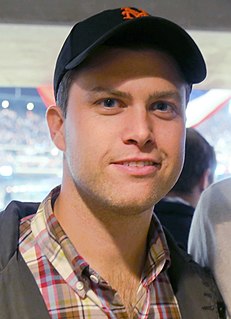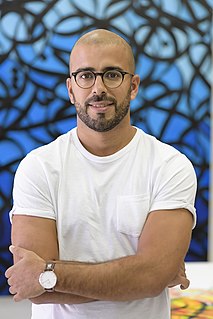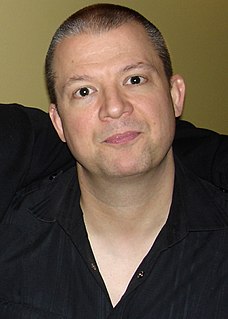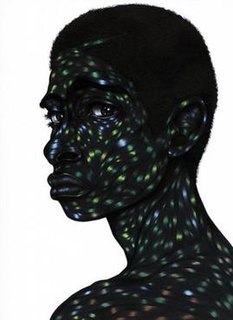A Quote by Isabel Paterson
People mostly do as they like, and that would be fine if they'd let other people do the same.
Related Quotes
I haven't really thought about family in my work. I simply play with people I meet. They mostly become friends. There is something like a great community of people around me, but this does only exist in my mind. All these people are my family, they are not a family. They mostly don't know each other.
If you're young and inexperienced you might accept what people tell you, that everything's going to be fine, it's okay. It's usually other young people saying that, who don't know any better. It's good to have a survival instinct because increasingly, especially in the whole Arab Spring sort of violence, you're mostly with young people who have not experienced what they're doing before.
The biggest lie in the world is in answer to the question, 'How are you?' People usually say, 'I'm fine,' but that's mostly bull. Everyone wants to display being perfect. They tell themselves and their friends, 'I drive this car, I own this house, I'm fine.' People ball up into these tight wads of repression.
And therefore education at the University mostly worked by the age-old method of putting a lot of young people in the vicinity of a lot of books and hoping that something would pass from one to the other, while the actual young people put themselves in the vicinity of inns and taverns for exactly the same reason.
A lot of my friends were mostly working in black-and-white-people like Lee Friedlander, Diane Arbus, Garry Winogrand, and others. We would exchange prints with each other, and they were always very supportive of what I was doing. What each of us was doing photographically was entirely different, but we were basically coming from the same place, sort of like a club.
I wrote an op-ed piece in The New York Times about the amazing effect of shared wonder - how I have an audience filled with people who you'd think would hate each other, people from every religious category, all at the same show at the same time. And it's an amazing phenomenon to watch this shared sense of wonder, where these people who really don't like each other - for good and bad reasons, reasons that make sense and that don't make sense - are in the same room, experiencing this unification.
There are some people who are way too sensitive about things. If you're not using the vocabulary that's new that they've helped define, then you're not on their team, even though you want to be. And at the same time, the fact that our president Donald Trump said on record, "You could just grab women by the pussy," and a lot of people in America were like, "Yeah, it's fine, that's something that's said..." There are people that are not sensitive or aware enough about other people and what that means.
Everywhere I've been, from South Africa to Brazil, people are connected to it. For me, art is a way to bring people together. You can put people on the same level, the perception is the same. You can bring a worker, like a cleaning guy, or the richest guy on earth, and they will have the same feeling or they would be able to feel the same.
I started blogging because I didn't know if I wanted to be an artist. I wanted to talk to other people online who were doing art, so I would post work and ask for feedback. I loved that an artist like James Jean would show his process on his blog. It became this open dialogue that, unfortunately, we don't have a lot in the fine-art world. People will say, "Wow, you share a lot." I'm like, "No, I make it a point to." Instagram is a great place for people to share failure. I don't want people to think that being an artist is some glamorous life.


